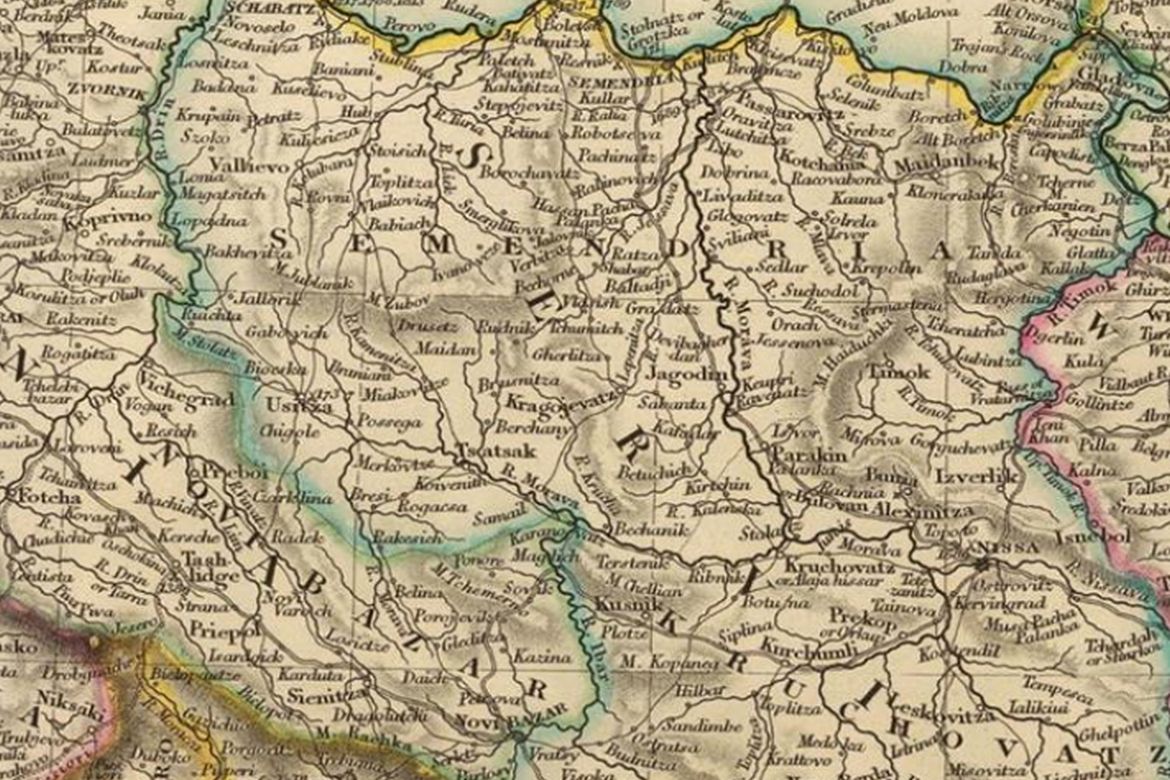It was a major landmark in the institutionalization of the Hungarian historical Balkan research when, in 2014, the Department for the Research of Southeast European History was founded as a separate unit within the Institute of History of the Research Centre for the Humanities of the Hungarian Academy of Sciences.
The catalogue of the Southeast European Studies Department is available here.
The new unit allowed our experts, who have unique insights into the history of the region and speak the languages of the examined countries, to investigate the immediate environment of Hungary and place Hungarian history in its context. These scholars turn to their subject with understanding and are capable of investigating the history of the neighboring peoples from the inside. Therefore, when scrutinizing the historical past of Hungary, they also take into consideration the perspectives of the neighboring nations and countries. When establishing the new unit, we considered it a priority to conduct project-based work allowing the researchers to successfully participate in domestic and international calls for proposals. This, of course, is a challenging task. All the more so, because the Hungarian and international tenders for Balkan research are scarce and the institutions providing these sporadic opportunities are subject to constant reorganization.
A further obstacle is that the future of the research institutions of HAS appears uncertain. Today, scholarly research is expected to have practical value beyond the merely theoretical benefit, and it is important to present the results to the public. Accordingly, the researchers of the Department also wish to present their activity and scientific results to the broader community, as we wish to conduct our work in a manner transparent to both the state and the public. This is the first occasion that we publish our results, and we would like to establish a tradition. In the present booklet we introduce the members of the Department and will be briefly summarizing their research conducted in the previous years and we will be giving a detailed overview of their research in 2018. We hope to call the attention of our readers to the fact that the history of Hungary is inseparable from the history of Eastern Europe and of the Balkan Peninsula.
Krisztián Csaplár-Degovics




